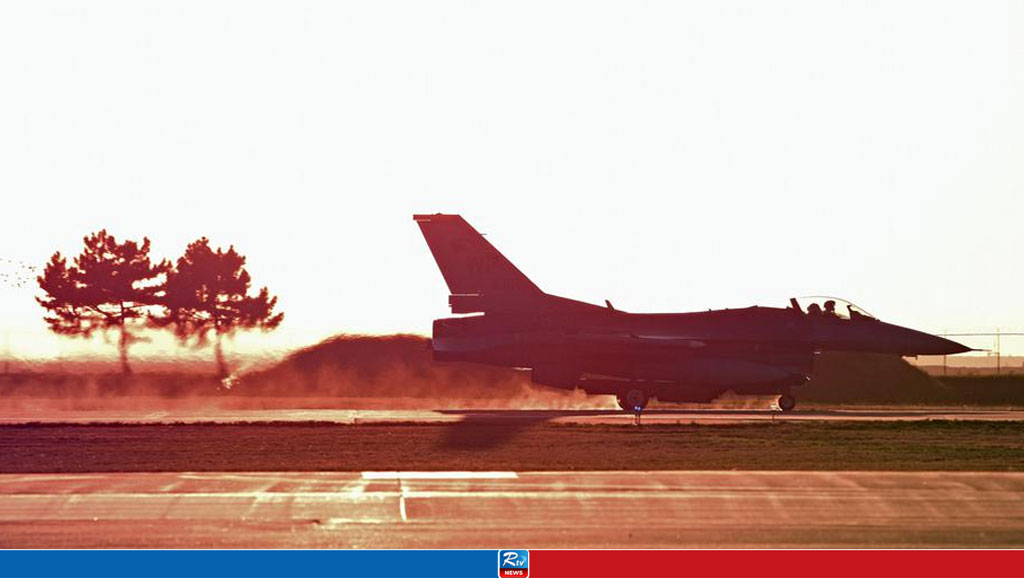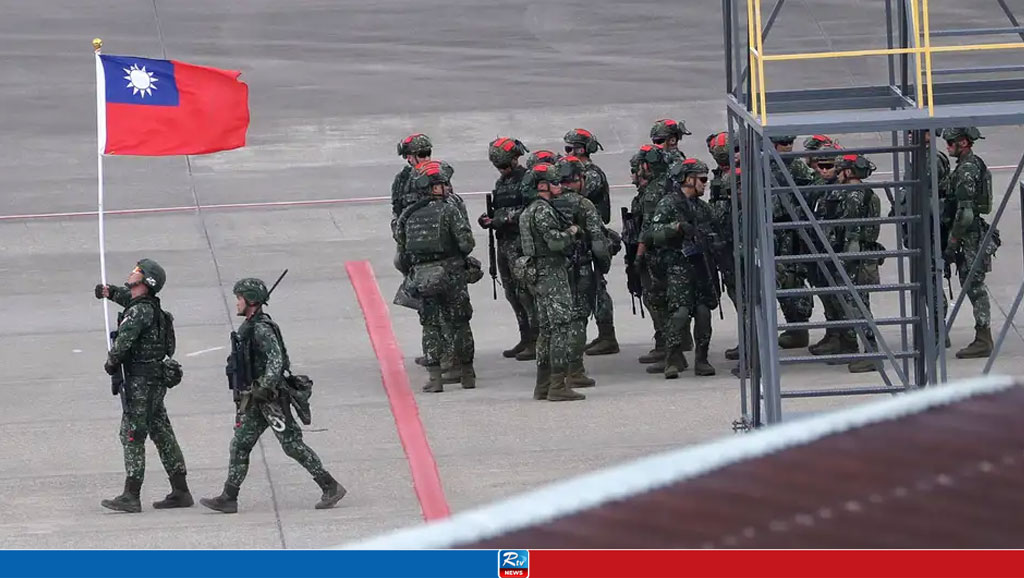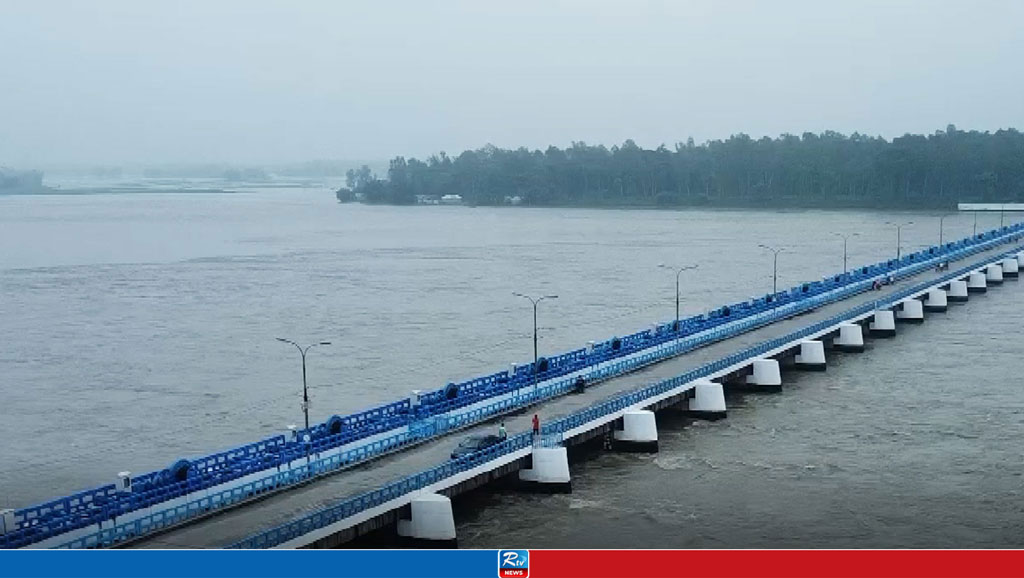F-16 Fighter Jet Accident Caused by Navigation Failure, Weather

F-16 fighter jet crash in the Yellow Sea last December occurred due to loss of primary flight and navigation instruments during adverse weather conditions, the U.S. Air Force stationed in South Korea said Friday.
F-16s have been deployed in South Korea since 1981, with three squadrons of at least 20 jets each currently operating from Pyeongtaek and Gunsan.
The December crash was one of three accidents in South Korea involving the jets in eight months ending in January.
According to an Air Force statement, investigators found that "while flying through dense cloud coverage, the aircraft's primary flight and navigation instruments failed, resulting in the horizon, or attitude, information being limited to the standby attitude indicator, which had been experiencing pitch and bank errors".
Due to the faulty horizon indicator, the pilot became disoriented, with conflicting data from other instruments and the wingman leading to further confusion.
The pilot then decided to eject, the statement said, adding the incident "did not result in any serious injuries or fatalities, but it did result in the total loss of the aircraft".
In May last year, an F-16 crashed on a farm in Pyeongtaek, with the US Air Force attributing it to "a partial electrical power loss and weather conditions".
The accident report said that the crash also "did not result in any serious injuries or fatalities, but it did result in the total loss of the aircraft, in addition to impacts on the local community and residents associated with the agricultural area".
Locals have claimed damages over lost crops and American forces blocking access to parts of the village during the investigation, "causing livelihood disruption".
In January, an F-16 jet crashed into the sea off South Korea's west coast, with the Air Force saying that an investigation was ongoing.
Separately, a month later, another F-16 jettisoned two fuel tanks mid-air into the same waters due to an "in-flight emergency".
Comments
Taiwan 'Will Not Yield an Inch' of Land, Lai Says

Israel's Attack: All Flights from Iranian Airports Suspended

Israel Announces End of Attacks on Iran in Face of Resistance

19 Killed in Passenger Bus Accident in Mexico

Tropical Storm Trami Claims 126 Lives, Hundreds Missing in Philippines

Elon Musk Reveals Tesla 2025 Motorhome for UNDER $17,000

China Vows Countermeasures after US Arms Sale to Taiwan


 Live Tv
Live Tv





